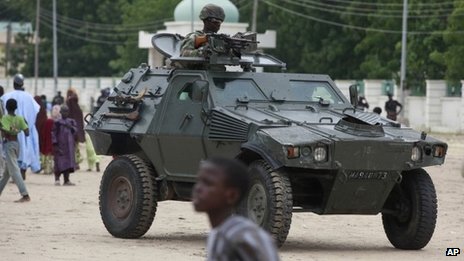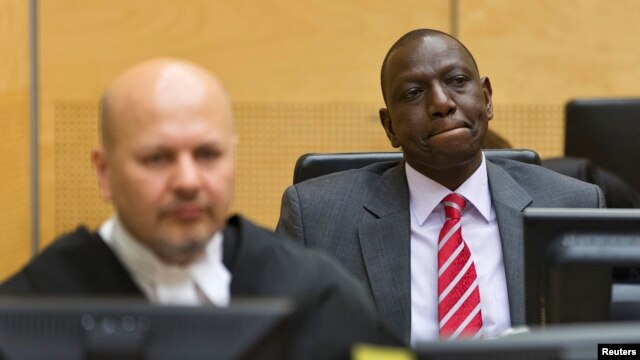by Tony Iozzo
Impunity Watch Reporter, Europe
ATHENS, Greece – A member of the Greek Neo-Nazi political party Golden Dawn is the main suspect in the stabbing death of an activist-musician, police say.

Pavlos Fyssas, 34, was stabbed to death early Wednesday morning in the western Athens district of Keratsini, after an alleged dispute over the Oympiakos vs Paris St. Germain Champions League football match.
Fyssas, however, was a well-known left-wing musician, and an opponent of the fascist party.
The Golden Dawn political party has denied any involvement, but Fyssas, who was able to identify his attacker before he died, has named a member of the party.
Fyssas, whose nickname was Killah P, was allegedly ambushed on his way out of a café by a gang of Golden Dawn supporters, and stabbed multiple times in the heart and abdomen. Fyssas died shortly after arriving at Tazanneio Hospital.
Police have arrested the Golden Dawn suspect, and conducted a search of Golden Dawn’s offices.
Social tensions have been rising as Greek citizens react to the implementation of austerity measures approved by Parliament back in late July. Greece’s Public Order Minister, Nikos Dendias, has cancelled a trip to Rome. He has stated that the situation was “critical.” Dendias expressed sorrow over the incident, and stated the government would put forward a new law against political violence and armed groups.
The killing occurred amidst additional strikes against government plans to cut thousands of public sector jobs as a part of the austerity measures. Golden Dawn has frequently been accused of violence towards left-wing activists and immigrants and is blamed for vigilante attacks.
The Council of Europe, Europe’s human rights body, has stated that there are grounds for Golden Dawn to be made illegal.
Greece’s Socialist Party, which is the second party in the governing coalition, has also stated that Golden Dawn should be considered a criminal group.
Golden Dawn’s popularity, however, has grown during Greece’s financial crisis. The government fears banning the party would increase its support even further underground.
The civil servants’ union had called a strike on Tuesday night to protest the latest austerity measures, and to protest Fascism, and are planning an additional rally for Wednesday.
Fyssas had been part of the Greek hip-hop scene since 1997, and was an outspoken activist against the Fascist party.
For more information, please see:
BBC News – Neo-Nazi Held Over Greek Musician Pavlos Fyssas Death – 18 September 2013
Ekathimerini – Police Say Amfiali Suspect Intended to Kill – 18 September 2013
International Business Times – Greece: Golden Dawn Neo-Nazi Accused of Murder of Rapper KillahP – 18 September 2013
United Press International – Left-Wing Musician Killed by Alleged Member of Golden Dawn in Greece – 18 September 2013



